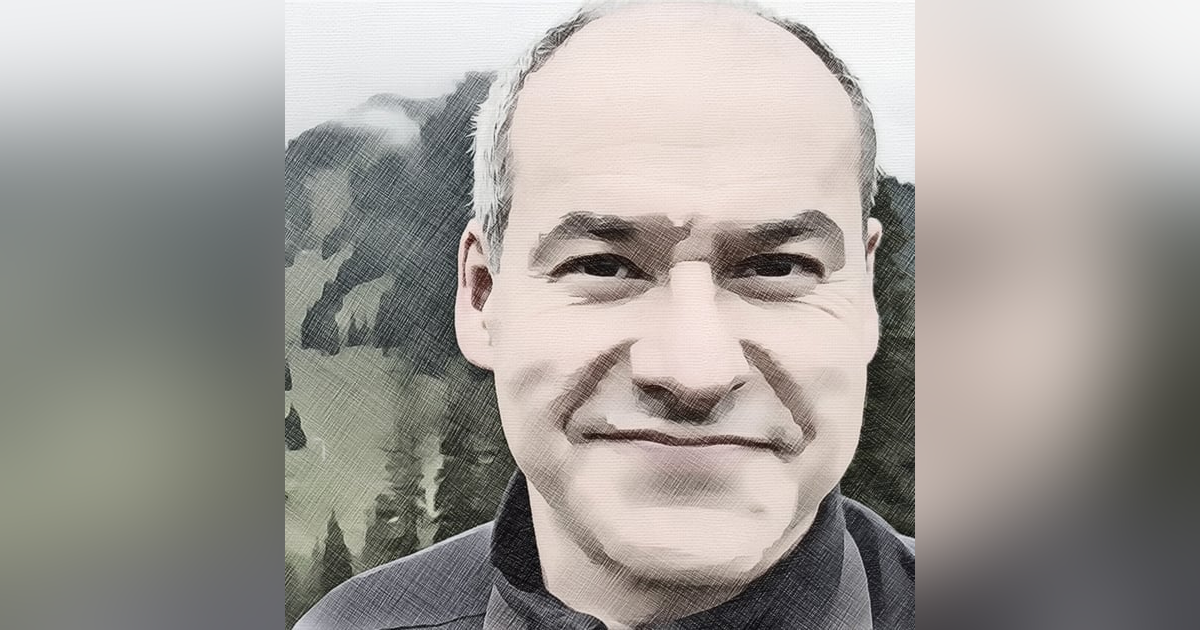#68: Corporate practice: A view from the inside. With Dr Daniel Preter.

What’s your knee-jerk reaction when I say the word ‘corporate practice?’
The past few decades have seen some immense changes in how our profession is structured, leaving us with some big decisions to make: If you’re a new grad: What does a supportive practice look like? Where can I find that practice? Do I go corporate, do I go private, do I do an internship? And if you’re an owner or a manager: Where are all the vets!? How do I attract them? What about the new grads - what do they want from us? How do I support them appropriately? How do we keep them?
These are exactly the questions that we tackle in this episode, and our guest is the perfect person to ask. Dr Daniel Preter was, at the time of recording this episode, the Head of Vet Development and Future Vet Recruitment for Medicare - a large group of practices in the UK, after a 25-year career in the company that started with owning one of the founding practices in the group.
Our conversation ranges from recruitment and retention, new grad support programs, the transition from single site practice to group practice, the pros and cons of corporate practice, ensuring that your personal growth keeps up with the growth of your practice, how the word 'corporate' is shedding some its negative baggage, and much much more.
Go to thevetvault.com for show notes and to check out our guests’ favourite books, podcasts and everything else we talk about in the show.
If you want to lift your clinical game, go to vvn.supercast.com for a free 2-week trial of our short and sharp highly practical clinical podcasts.
We love to hear from you. If you have a question for us or you’d like to give us some feedback please get in touch via email at thevetvaultpodcast@gmail.com, or just catch up with us on Instagram.
And if you like what you hear then please share the love by clicking on the share button wherever you’re listening and sending a link to someone who you think should hear this.






